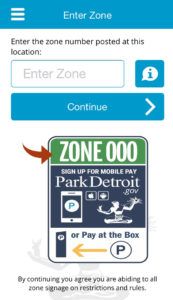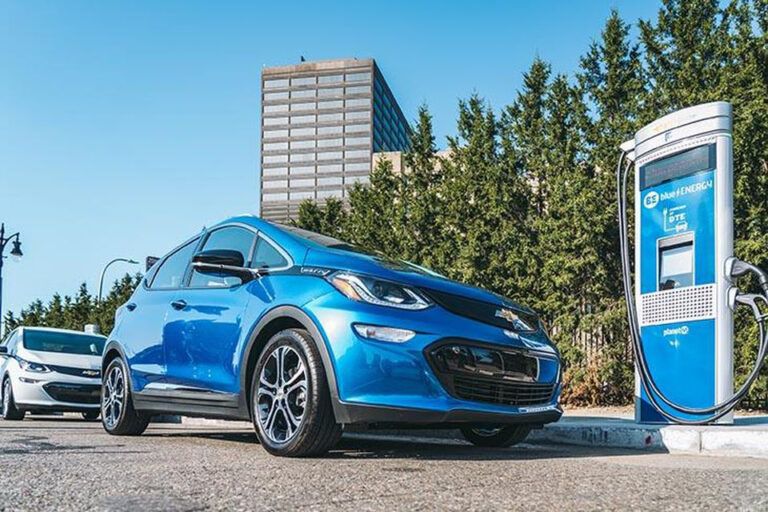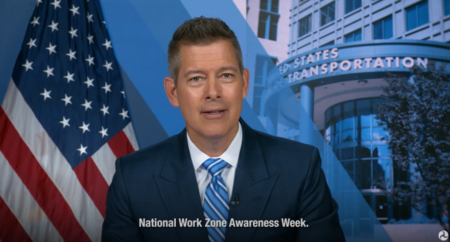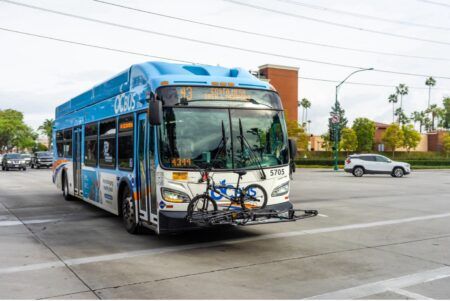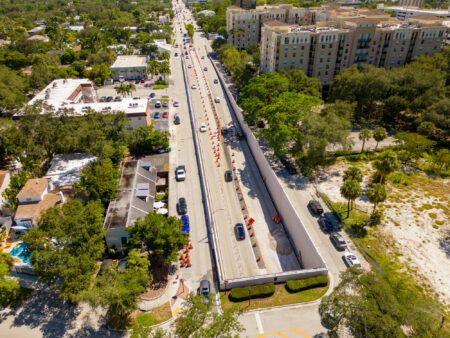The Detroit Mobility Innovation Initiative (DMII) has developed five pilot programs to tackle the city’s transportation challenges, with the schemes designed to offer residents and visitors easier, safer and more affordable ways to get around the city within the next 12 months.
Working closely with Detroit’s already existing Office of Mobility Innovation and project sponsors, the City of Detroit and State of Michigan’s PlanetM mobility program, the Boston Consulting Group (BCG) recruited a lineup of 10 public and private partners that reflected the ecosystem of the targeted mobility issues. The DMII team then pinpointed four key areas of friction affecting mobility in the city:
- Neighborhood mobility – improve mobility for residents who live in lower-density areas and use public transit to travel to work and health care;
- Downtown accessibility – improve traffic conditions and parking offerings for residents and employees who commute to the city for work or events;
- Electric vehicle utilization and education – optimize the use of EV infrastructure and educate residents and visitors about EV technologies;
- Traffic safety – build a technology infrastructure that reduces the number of traffic fatalities for pedestrians, bikers, drivers, and riders.
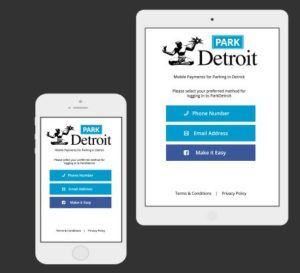 Using these insights, the Initiative generated more than 120 ideas that were filtered into workable schemes. Unlike projects at other cities that could take years to implement, the DMII team focused on picking solutions that were not just cutting edge, but that could be implemented in the next 12 months. The programs, implemented under Detroit’s Project Kinetic, are:
Using these insights, the Initiative generated more than 120 ideas that were filtered into workable schemes. Unlike projects at other cities that could take years to implement, the DMII team focused on picking solutions that were not just cutting edge, but that could be implemented in the next 12 months. The programs, implemented under Detroit’s Project Kinetic, are:
- Car4You – a car-sharing program led by Detroit and General Motors that offers low-cost vehicle access by the hour in Detroit’s Osborn neighborhood. Launched in August;
- ChargeD – an electric vehicle hub led by DTE Energy and EV infrastructure provider Blue Energy that is to provide fast-charging stations in Detroit’s Capitol and Beacon Parks. Launched in September;
- MicroTransit – a routed shuttle system led by Detroit that is meant to improve work commutes for residents by offering more direct routes with fewer stops. Launch date to be determined;
- ParkDetroit – enhancements to a parking app that launched in 2015, integrating dynamic pricing with an incentive program to help people find parking more quickly and at lower prices. Upgrades expected to come online this autumn;
- Busority – a traffic management system led by Detroit and Lear Corp. that is to use connected technology to give priority to public transit vehicles at select intersections. Launch date to be determined.
